Han Kang, 54, is the first South Korean writer to win the Nobel Prize in Literature for "his intense, poetic prose that confronts historical trauma and exposes the fragility of human life".
Professor Mats Malm - permanent secretary of the Swedish Academy - announced the winner's name at 1pm in Stockholm on October 10 (6pm, Hanoi time). He said he told the good news to writer Han Kang by phone, who had just had dinner with her son. The writer will receive a prize of 11 million Swedish krona (more than 26 billion VND).
The Chairman of the Nobel Committee for Literature - Anders Olsson - commented on the author: "She has a unique perception of the connection between body and soul, between life and death. Her experimental, poetic writing style makes her an innovator of contemporary prose."
At 54, Han Kang is one of the youngest writers ever to win the Nobel Prize, after author Jungle Story - Rudyard Kipling (1865-1936). Kipling received the award in 1970, at the age of 41.
Ms. Kang was born on November 27, 1970 in Gwangju (South Korea), her father is novelist Han Seung Won. In an interview with The Guardian, She once said: "When my mother was pregnant with me, she was weak and had to take a lot of medicine. At the moment she felt my movements, she decided to give up abortion. I think life is short and I came to this world by luck."
Growing up, she was inspired by books by Korean authors such as Kang So Cheon and Ma Hae Song. In addition, Kang loved Russian literature when studying the works of writer Fyodor Dostoyevsky. Her characters were often women, suffering from physical and mental trauma.
At the age of 23, Ms. Kang began her literary career when five of her poems were published in the magazine. Literature & Society. One year later, short story The Scarlet Anchor of the writer who won first prize in the Seoul Shinmun Spring Literary Competition. In 1995, she published her first novel, titled A Love of Yeosu .
The writer's name is noted when receiving many prestigious awards such as the Korean Literary Novel Award (1999), the Today's Young Artist Award (2000), the Yisang Literature Award (2005) and the Dongri Literature Award (2010).
In 2016, The Vegetarian Han Kang's book about Yeong Hye refusing to eat meat before going on a hunger strike became the first Korean novel to win the International Booker Prize, through Deborah Smith's English translation. However, the translation later caused controversy in Korea. A Seoul-based translation teacher named Charse Yun argued that Smith's translation distorted the meaning of the book. The Vegetarian.
After the success of The Vegetarian , the author received great attention from readers around the world . However, she said she preferred privacy and returned to normal life shortly after receiving the Booker Prize. She holds the position of professor of creative writing at the Seoul Institute of the Arts.
On the eve of the announcement of the 2024 Nobel Prize in Literature, author Han Kang was not on the experts' prediction list. Instead, Chinese writer Tan Tuyet, Japanese writer Haruki Murakami and many other names in European literature are recognized by critics and readers. comment win the prize
Last year, Norwegian author Jon Fosse, a writer relatively unfamiliar to Asian readers, be honored through "modern plays and prose that give voice to the unspeakable".
In 1895, Swedish scientist Alfred Nobel signed his will, giving the majority of his fortune to the prizes he founded. Literature is one of the six categories of the Nobel Prize, which honors authors from any country.
To date, the Nobel Prize in Literature is a prestigious and noble award in the world of literature, honoring the entire career of a writer instead of a specific work. The event in each award season attracts great attention from many authors and researchers. In addition, this is also one of the awards with the highest prize money. From 1901 to present, 116 Nobel Prizes in Literature have been awarded.
The Swedish Academy was founded in 1786 by King Gustav III and is responsible for making decisions about Nobel Prize in Literature. They never give any indication of the possible winners until the announcement. The finalists are not revealed until 50 years later.
The award was interrupted in 1914, 1918, 1935, 1940, 1941, 1942 and 1943 because of the two World Wars. According to the regulations, if there was no outstanding work, the prize money would be reserved for the following year. The medal, designed by Swedish sculptor Erik Lindberg, depicts a young man sitting under a laurel tree, mesmerized by the music of a muse. The certificate is a unique work of art, created by Swedish and Norwegian calligraphers.
In recent years, the Nobel Prize in Literature has been embroiled in many controversies. controversy. The 2018 prize was canceled after Jean-Claude Arnault, husband of poet Katarina Frostenson - a key member of the Swedish Academy's Board of Directors - was accused of abuse many women. In addition, he has leaked the winner's name seven times, since 1996. Owner 2019 Prize Winner - Peter Handke - Boycotted for Publicly Defending Late Politician Slobodan Milosevic.
Source





![[Photo] Prime Ministers of Vietnam and Thailand visit the Exhibition of traditional handicraft products](https://vphoto.vietnam.vn/thumb/1200x675/vietnam/resource/IMAGE/2025/5/15/6cfcd1c23b3e4a238b7fcf93c91a65dd)
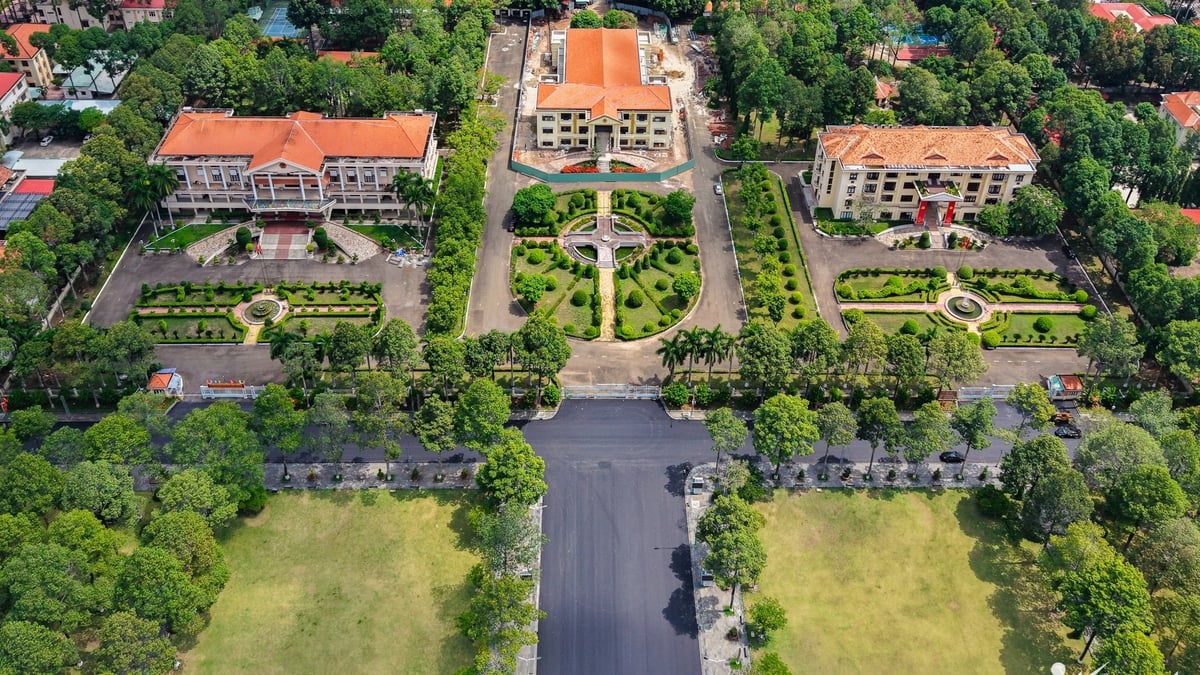



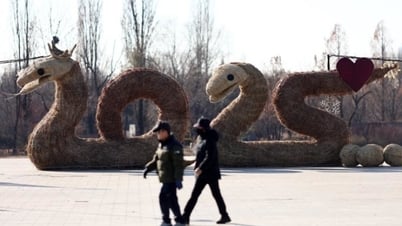







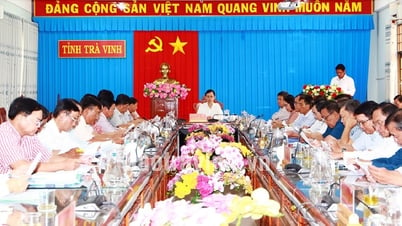







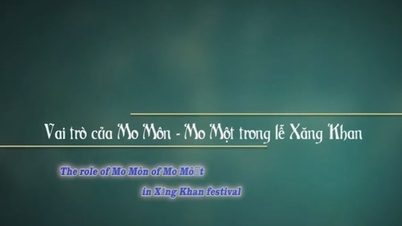
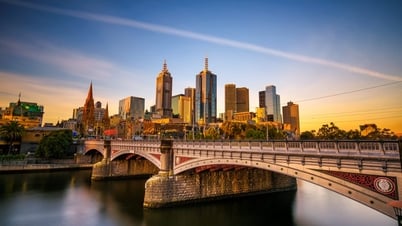



![[Photo] National Assembly Chairman Tran Thanh Man meets with Thai Prime Minister Paetongtarn Shinawatra](https://vphoto.vietnam.vn/thumb/1200x675/vietnam/resource/IMAGE/2025/5/15/e71160b1572a457395f2816d84a18b45)















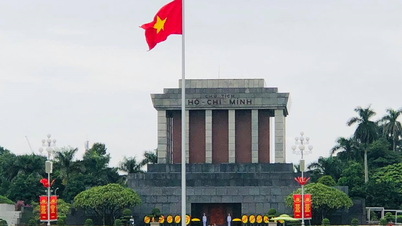













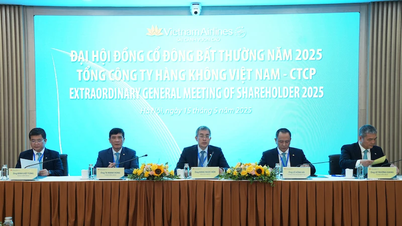





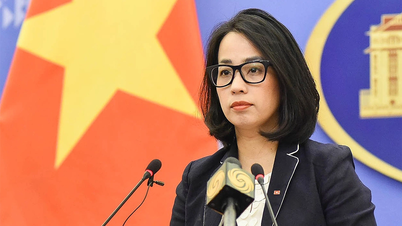


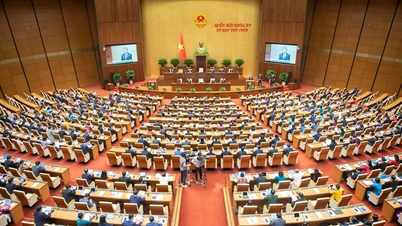

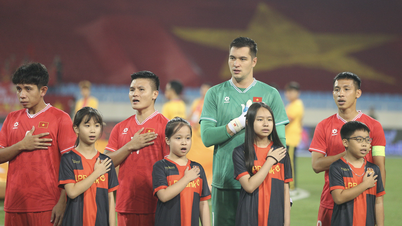
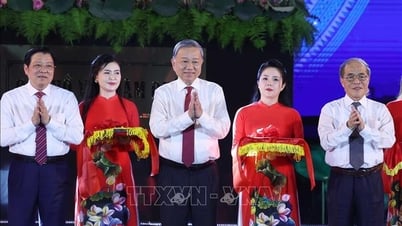



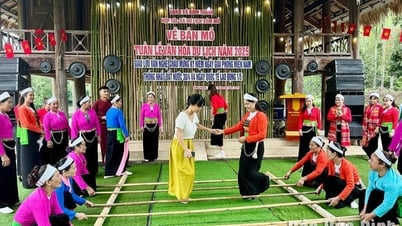
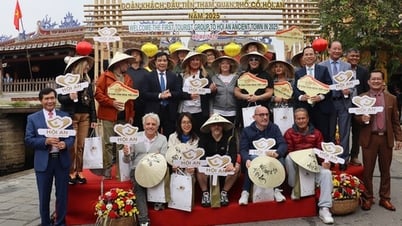

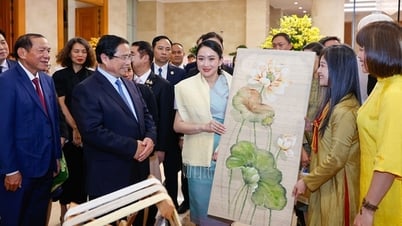















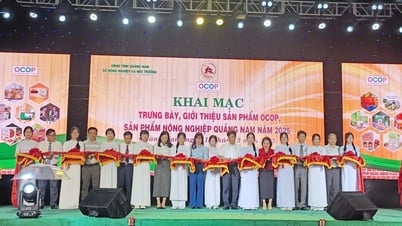


Comment (0)